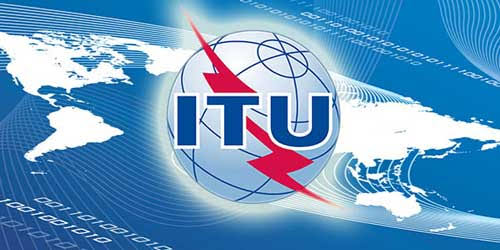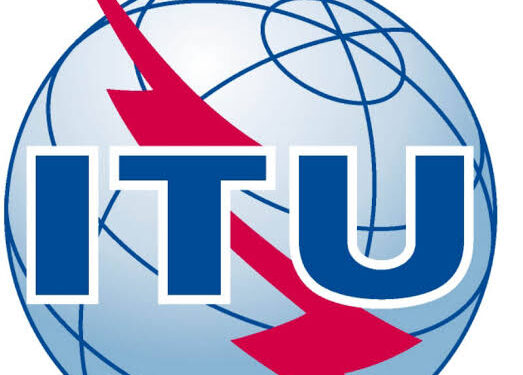The International Telecommunication Union (ITU) has listed Nigeria as a Level 3 country in its Global Cybersecurity Index 2024 (GCI 2024), which groups countries based on the cybersecurity measures they have implemented.
The GCI 2024 evaluates a nation’s efforts across five pillars that represent a country’s cybersecurity efforts: legal, technical, organizational, capacity building, and cooperation.
Nigeria’s highest score was achieved in legal measures, scoring 19.52 out of 20.
Although not stated, this score may not be related to the country’s passing of the 2015 Cybercrime Act (amended in 2024).

Five-Tier Analysis:
According to the ITU, the 194 countries assessed are divided into five levels. Tier 3 and 4 countries have expanded digital services and brought people online, but still have work to do to ensure cybersecurity is part of their meaningful connectivity goals.
• Meanwhile, Tier 1 and 2 countries are those that show strong commitment to all five pillars of cybersecurity, while Tier 5 countries are those that lag behind in all five pillars of the GCI.
• The report places 46 countries in Level 1, the highest of five levels of preparedness for an “exemplary role,” while 105 countries are in Levels 3 and 4.
• In the 2024 GCI, ITU noted that the African region has made the greatest progress in cybersecurity since 2021.
• World’s least developed countries (LDCs) are also starting to make progress, but still need support to move forward more quickly. The GCI 2024 data shows that the average least developed country (LDC) has now achieved the same level of cybersecurity as many non-least Developed Countries (LDCs) had in 2021.
• The report also shows that landlocked developing countries (LLDCs) and small island developing states (SIDS) continue to struggle with resource and capacity constraints in addressing cybersecurity.
ITU General Secretary Doreen Bogdan-Martin commented on the report:

“Building trust in the digital world is paramount. The progress seen in the Global Cybersecurity Index is a sign that we must continue to focus efforts to ensure that everyone, everywhere can safely and securely manage cyber threats in today’s increasingly complex digital landscape.”
“The Global Cybersecurity Index 2024 shows significant improvements by countries that are implementing essential legal measures, plans, capacity building initiatives, and cooperation frameworks, especially in strengthening incident response capabilities,” said Cosmas Luckyson Zavazava, Director of the ITU Telecommunications Development Bureau.
What you need to know:
Launched by the International Telecommunication Union in 2015, the GCI aims to help countries identify areas for improvement and encourage capacity and capability building across each pillar.
• Worrisome threats highlighted in the report include ransomware attacks against government services and other sectors, cyber breaches affecting essential industries, costly system failures, and violations of personal and organizational privacy.
• With an average of 8 billion records compromised in more than 2,800 breaches reported in 2023, the ITU found that the cost of data breaches has increased by 15% over the past three years.
• To provide remedies and rights to users, as well as clear expectations for organizations that handle data, countries are introducing regulations on personal data protection, privacy protection, and breach notification.
































